Services
Divine Liturgy
“The Divine Liturgy is considered the most significant ancient Christian service, not so much for its phrasing and words as for its meaning. In fact, the Divine Liturgy was in practice right after the descent of the Holy Spirit on the Disciples of Christ on the 50th day after His Resurrection, as the sacred writer of the Acts of the Apostles records" (Acts 2:46 ff) (Rev. George Mastrantonis).
Schedule
We celebrate the Divine Liturgy every Sunday throughout the year, as well as weekday Liturgies for the major feastdays. Please see our Liturgical Calendar for specific times and dates.
On Sundays, Orthros starts at 9:00 am followed by the Divine Liturgy at 10:00 am.
Requirements for Holy Communion:
(Please reference The Sacraments regarding the sacramental aspect of the service).
Note
From a theological perspective, participation in Holy Communion is an all-embracing event, presupposing full communion in doctrine and practice. As a result, Orthodox Christians are not permitted to receive Communion in any Protestant or Roman Catholic Church. Likewise, Protestants and Roman Catholics are not permitted to receive Holy Communion in the Orthodox Church.
“The Divine Liturgy is considered the most significant ancient Christian service, not so much for its phrasing and words as for its meaning. In fact, the Divine Liturgy was in practice right after the descent of the Holy Spirit on the Disciples of Christ on the 50th day after His Resurrection, as the sacred writer of the Acts of the Apostles records" (Acts 2:46 ff) (Rev. George Mastrantonis).
Schedule
We celebrate the Divine Liturgy every Sunday throughout the year, as well as weekday Liturgies for the major feastdays. Please see our Liturgical Calendar for specific times and dates.
On Sundays, Orthros starts at 9:00 am followed by the Divine Liturgy at 10:00 am.
Requirements for Holy Communion:
- Baptism/Chrismation in the Orthodox Church
- Participation in Holy Confession on a regular basis
- Proper prayer and fasting prior to receiving Holy Communion
- Good standing with the Orthodox church (e.g. have had their marriage blessed, if married, in the Orthodox Church)
(Please reference The Sacraments regarding the sacramental aspect of the service).
Note
From a theological perspective, participation in Holy Communion is an all-embracing event, presupposing full communion in doctrine and practice. As a result, Orthodox Christians are not permitted to receive Communion in any Protestant or Roman Catholic Church. Likewise, Protestants and Roman Catholics are not permitted to receive Holy Communion in the Orthodox Church.

